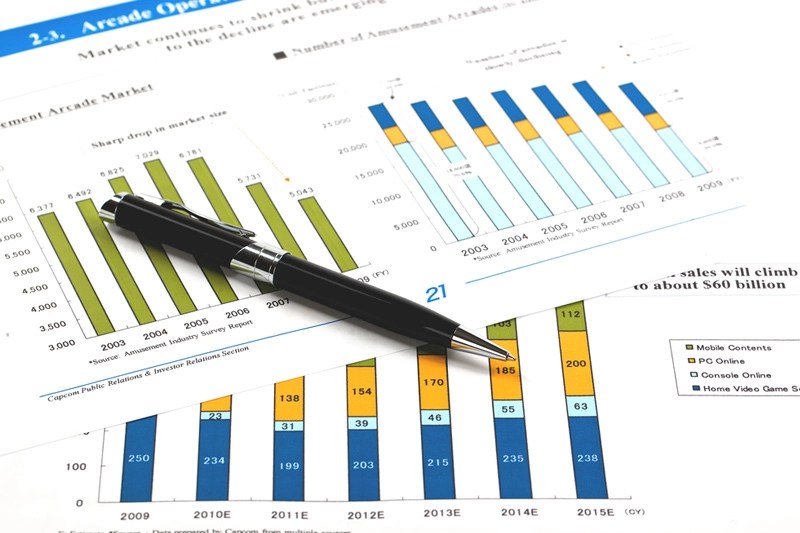
Federal Reserve Governor Lisa Cook emphasized the potential of generative artificial intelligence (AI) to enhance productivity and transform the labor market, in her address at the National Bureau of Economic Research’s conference on artificial intelligence in Toronto on Friday. However, she also cautioned that this development could present a difficult transition for some workers and highlighted the need for diverse skill sets and retraining to facilitate adaptation.
In her remarks, Cook outlined her optimism about the broad benefits that AI could bring to various sectors including offices, labs, factories, and warehouses. Nevertheless, she warned against potential disruptions and challenges that could arise from significant changes in the labor force due to AI implementation. The success of the economy’s adaptation to new jobs created in response to AI would depend largely on workers’ ability to move where they are needed as task composition changes.
Cook also shed light on concerns related to privacy issues, impersonation threats, and biases in training data associated with AI. She underlined that these concerns need to be addressed for the successful integration of AI into the economy and society.
The Federal Reserve Governor noted that AI’s impact on the economy and monetary policy would hinge on whether it is perceived as just another application or as something more profound. She stated that while empirical evidence is still inconclusive, there are indications that generative AI can improve productivity across various settings.
On Wednesday, Cook was among the central bank officials who voted unanimously to maintain interest rates steady within a range of 5.25% to 5.5%. She has backed the Fed’s rate increases aimed at moderating price growth and expressed her commitment during her confirmation hearing in June to work towards bringing down inflation to the Fed’s 2% target.
Appointed by President Joe Biden last year, Cook is the first Black woman to serve on the Fed’s board. Her endorsement for a full 14-year term was confirmed in a 51-47 Senate vote earlier this month. Prior to her tenure at the central bank, Cook was an economist and professor at Michigan State University, with a scholarly focus on innovation and racial disparities. She has also expressed favor for tailoring regulations based on a bank’s size to alleviate burdens on smaller lenders.
This article was generated with the support of AI and reviewed by an editor. For more information see our T&C.
Source: Investing.com




























